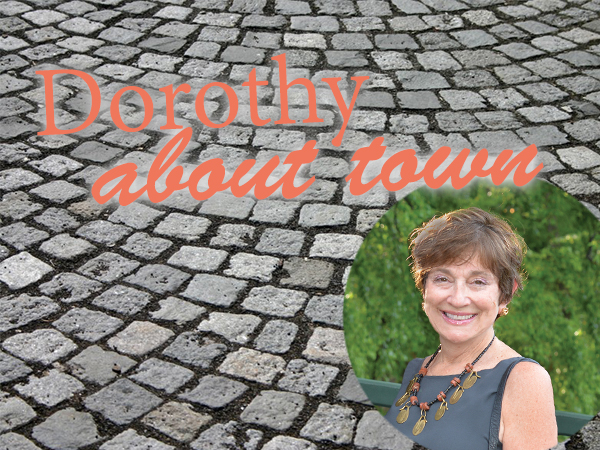As nonprofits go, Saint Louis Polonia is not widely known. Unless you’re of Polish heritage, you may not even be aware of the group of academicians, professionals and other St. Louisans—both Jewish and Christian—who put together programs about Polish history and culture. The group publishes a monthly newsletter that lists upcoming events and generally informs folks about opportunities to experience Polish culture around St. Louis. Everyone is welcome, and most programs are free.
For example, in last month’s postings, I found out that before Lent, it is traditional to celebrate ‘paczki (poonchkey) day’ by partaking of rich, stuffed doughnuts—and that they actually are available at Helfer’s Pastries & Deli Cafe in Florissant. The newsletter also mentioned the upcoming screening (April 23) of the documentary, Bridging Urban America: The Story of Ralph Modjeski, about the 19th-century Polish engineer who designed San Francisco’s Bay Bridge (and others). Its filmmakers, Basia and Leonard Myszynski, even will be here to meet and greet attendees.
A recent event I went to was the annual Gale Lecture, sponsored by local physician Dr. Arthur Gale, titled ‘The History of the Holocaust in Poland & the Polish History Laws.’ It featured professor Jan Grabowski of the University of Ottawa in Canada, who has written a book about the complicity of Poland’s ‘Blue Police’ during the war. The Polonia newsletter invited anyone interested to take part in the conversation—especially topical because of Poland’s recent efforts to whitewash its wartime image.
While Polonia’s mission is fairly narrow, the way it presents itself isn’t: “We support open discussion on a variety of topics about Polish heritage, history, culture and current affairs with an open mind, free of prejudice or bigotry.” That may be a mouthful, but the sentiment is particularly refreshing at a time when people may find it hard to have civil discussion. At the lecture, I watched as the Polish consul (also in the audience) respectfully disagreed with the professor’s premise that free speech in Poland today is in peril—and as the professor thanked him for expressing himself (but maintained his position).
I have found the same open conversation at prior Polonia events and appreciate that they offer insider perspectives we St. Louisans don’t readily have access to elsewhere. But most of all, I am impressed with Polonia’s tone: “We believe that an honest, well-balanced conversation is the only effective way to understand who we are, what divides us, and what brings us together.” Hard to argue with that.
